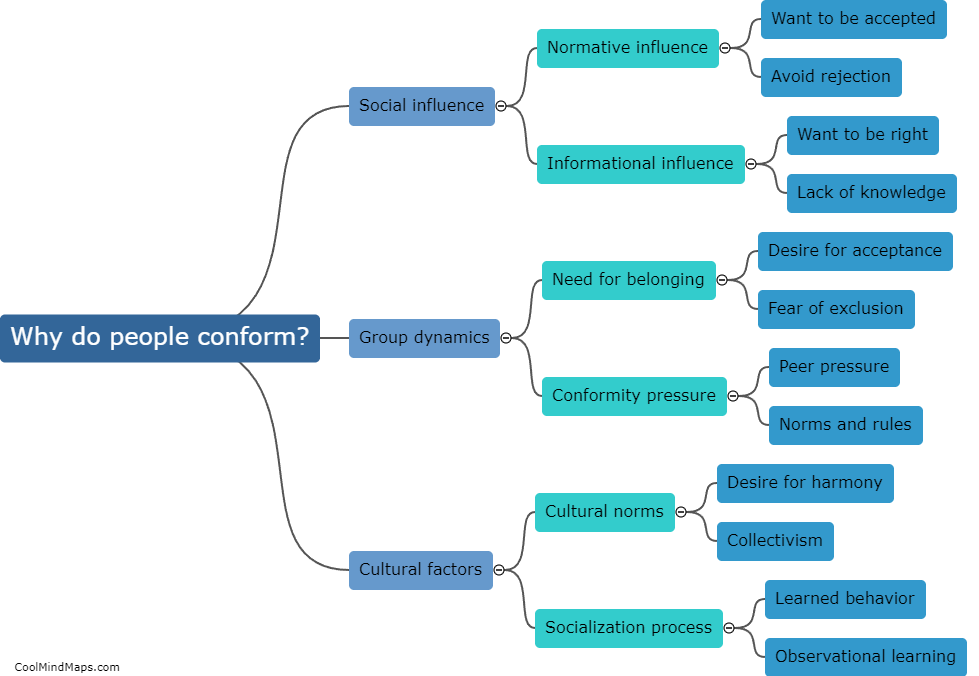What is Hume's argument against the existence of innate ideas?
David Hume, the famous 18th-century Scottish philosopher, posited a compelling argument against the existence of innate ideas. He posits that all ideas come from experience and are derived from impressions made on our senses. Hume argues that the mind at birth is a blank slate, devoid of any innate knowledge or principles. Consequently, any concept or understanding we possess is acquired through sensory experiences and associations made through patterns, causality, and resemblance. By denying the existence of innate ideas, Hume challenges prevailing notions of knowledge and emphasizes the importance of empirical evidence as the foundation for all human understanding.

This mind map was published on 19 September 2023 and has been viewed 78 times.











